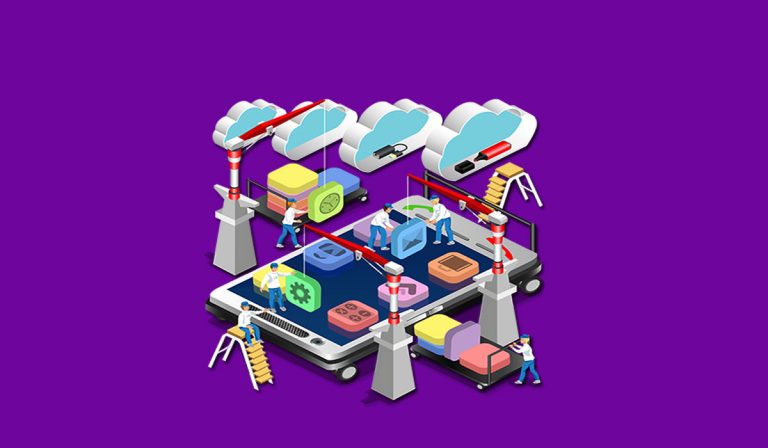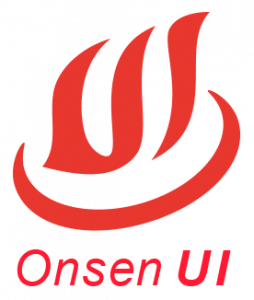The development of almost everything in technology has been rapid that some might be left behind most especially those who wanted to keep up with their traditional life. These changes have a lot to offer but the most important benefit of it is in the field of employment opportunities. With the demanding needs of the young professionals nowadays, the need for technology improvement is always in demand.
For an instance is an application framework. It is a collection of software libraries that provide a fundamental structure to support the development of applications for a specific environment, an application framework that acts as the skeletal support to build an application.
There are a lot of frameworks for multi-platform application development that can be used. Below is the top five best framework for application development.
Contents
1. Ionic
Originally released in 2013, Ionic is a complete open-source SDK for hybrid mobile app development. It was built on top of AngularJS and Apache Cordova. The recent releases, known as Ionic 3 or just Ionic, are built on Angular. This provides tools and services for developing hybrid mobile apps using Web technologies like CSS, HTML5, and Sass. Ionic was created by Max Lynch, Ben Sperry, and Adam Bradley of Drifty Co. Moroever, Apps can be built with these Web technologies will then be distributed through native app stores to be installed on devices by leveraging Cordova.
Ionic is an open source project under MIT and has been designed by a worldwide community therefore making it free. It follows the write once, runs anywhere philosophy. It can be used anywhere whether iOS, Android, etc. Ionic offers over 120 native device features that can be used within your app.
2. Meteor
Meteor is also an open-source JavaScript web framework that is written using Node.JS. It is made up of a collection of libraries and packages that are bound together, making it easier, flexible, faster and it requires it less codes.This simplifies the process of developing apps by allowing rapid prototyping and producing cross-platform code that can be used whether Android, iOS.
Meteor helps to speed up JavaScript coding for front-end and back-end development. Creating apps using Meteor is simple and easy. There is also one language development meaning JavaScript lovers have no more multiple languages for front-end and back-end development. It is also easy to learn most especially with the developer who already knows JavaScript, they don’t have to learn anything new. However, if they don’t, then JavaScript is a pretty easy language to learn.
3. OnsenUI
Initially released in 2013, Onsen UI is an open-source UI framework and components for HTML5 hybrid mobile app development, based on PhoneGap / Cordova. This allows developers to create mobile apps using Web technologies like CSS, HTML5, and JavaScript. While it was originally based on AngularJS and supported jQuery, with its version 2, Onsen UI has become JavaScript framework-agnostic, meaning developers can create mobile apps with or without any JavaScript framework. Onsen UI also provides comprehensive tools and services through Monaca, both products are developed by the same company.
4. NativeScript
JavaScript, Angular, and TypeScript are arguably the most used web development technologies. With NativeScript, you can use them to create apps, as well. Simply put, NativeScript produces platform-native user interfaces from a single code base. To help mobile app developers become familiar with this framework, the official website hosts plenty of resources and detailed tutorials. You can browse through real-world app implementations, study the official documentation, and even dive into the source code.
5. React Native
React Native was announced by Facebook in 2015, applying the React architecture to native Android, iOS, and UWP applications.
React Native are basically the same as ReactJS except that it’s not manipulating the DOM via the VirtualDom but some native views. It runs in a background process, which interprets the Javascript written by the developers, directly on the end-device and communicates with the native platform via a serializable, asynchronous and batched Bridge. React Native doesn’t rely on HTML5 at all, everything is written in Javascript and relies on native SDKs.
Conclusion
There is a lot of great frameworks for application development. You just need to look for the best that suits you and can make you at ease in using. In developing a great application, you should consider the concept of your work so that you will know what approach and what framework to use. In that way, you can really deliver and bring out the best in your project. you can also check our list of Top 5 Best PHP Frameworks For Web Development.



